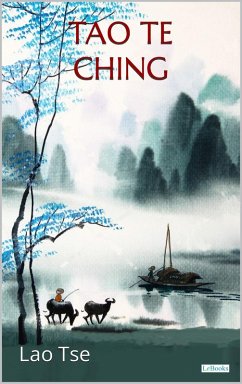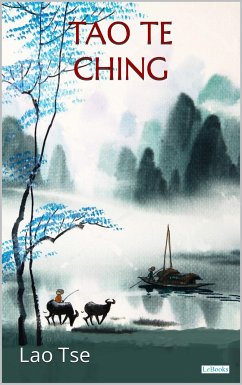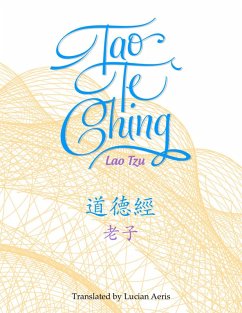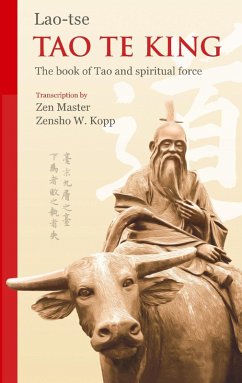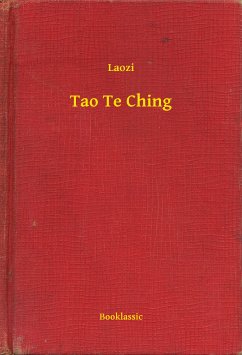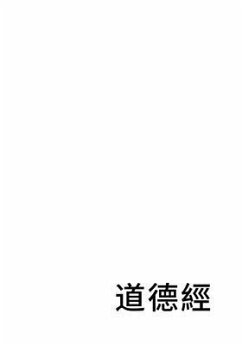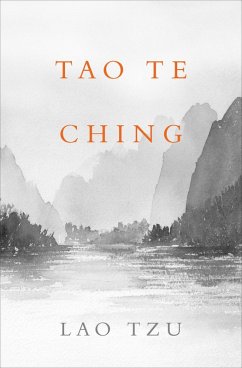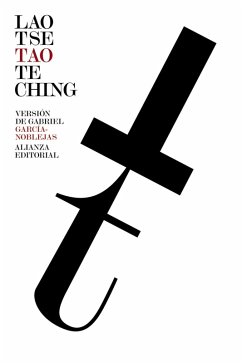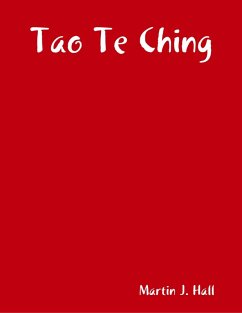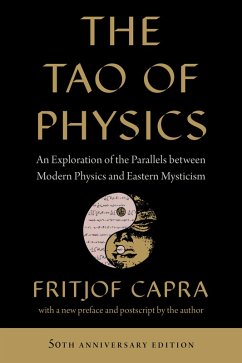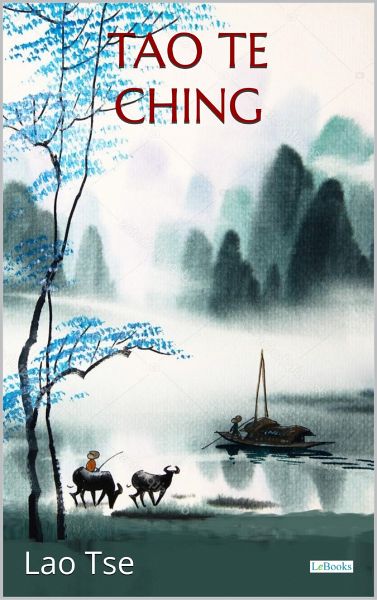
TAO TE CHING (eBook, ePUB)

PAYBACK Punkte
0 °P sammeln!
The Tao Te Ching, attributed to Laozi, is a classic text of Chinese philosophy that explores themes such as the nature of the universe, harmony, and the balance between opposites. Composed of 81 short chapters, the book is a meditation on the Tao, a concept that can be translated as "the Way," and how to live in alignment with it. Laozi emphasizes the idea that true wisdom comes from simplicity, acceptance, and effortless action (wu wei), encouraging the pursuit of inner peace through understanding the natural flow of life. The text critiques attachment to power, control, and material ambition...
The Tao Te Ching, attributed to Laozi, is a classic text of Chinese philosophy that explores themes such as the nature of the universe, harmony, and the balance between opposites. Composed of 81 short chapters, the book is a meditation on the Tao, a concept that can be translated as "the Way," and how to live in alignment with it. Laozi emphasizes the idea that true wisdom comes from simplicity, acceptance, and effortless action (wu wei), encouraging the pursuit of inner peace through understanding the natural flow of life. The text critiques attachment to power, control, and material ambitions, suggesting that virtue (Te) manifests in those who act with modesty, humility, and compassion. For Laozi, governing oneself and others wisely requires refraining from forced interference and trusting in the natural development of things.
Dieser Download kann aus rechtlichen Gründen nur mit Rechnungsadresse in A, B, BG, CY, CZ, D, DK, EW, E, FIN, F, GR, H, IRL, I, LT, L, LR, M, NL, PL, P, R, S, SLO, SK ausgeliefert werden.




